Keywords: Parliament Of The World
There are more than 200 results, only the first 200 are displayed here.
-

RELIGION
- Frank Brennan
- 03 September 2017
7 Comments
It is important for us to understand that a Catholic could vote 'yes' or 'no' in the forthcoming survey. It is not for me as a priest or for any bishop to tell you how to vote. I have been happy to tell people how I will be voting, but I have no interest in campaigning and urging my fellow Catholics or even my fellow citizens to vote a particular way. As with most public controversies arguments appealing to Catholics of good will can be made for either side in the dispute — as to what constitutes the common good, and as how best to respect the rights and entitlements of all persons, including children.
READ MORE
-

RELIGION
- Frank Brennan
- 30 August 2017
6 Comments
'There was one controversy in which Lionel Bowen was involved that does provide good lessons for the contemporary Catholic considering the desirable law or social policy on a contested issue - lessons for the citizen weighing what is for the common good. Back in 1979 there was debate in the Parliament on a motion which was framed to stop Medicare funding of abortions. Bowen, a strict Catholic, was strongly opposed to the motion. He did not think the motion was about abortion. He thought it was about money.' Frank Brennan's 2017 Lionel Bowen Lecture
READ MORE
-
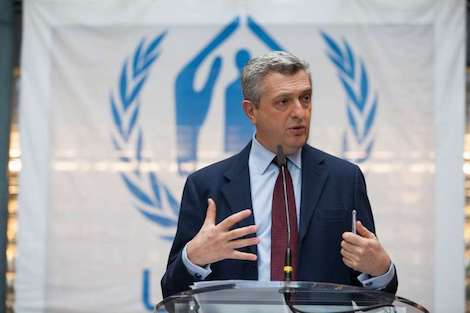
AUSTRALIA
- Frank Brennan
- 02 August 2017
29 Comments
What possessed Filippo Grandi, the relatively new United Nations High Commissioner for Refugees, to go public last week, having a go at Australia for our government’s treatment of unvisaed asylum seekers who arrived in Australia by boat? He repeated UNHCR’s demand that Australia terminate offshore processing of asylum seekers on Nauru and Manus Island and that we not outsource our responsibilities to others.
READ MORE 
-

INTERNATIONAL
The unprecedented attacks by Daesh in Iran in which at least 12 people were killed and 39 injured come at an incredibly sensitive time for all countries in the Middle East. What is often obscured by commentators is that much of the present violence in the Middle East is political, not religious, even though religious labels are used as a shorthand for the competing blocs (in much the same way as 'Catholic' and 'Protestant' were used during the Troubles in Northern Ireland).
READ MORE 
-

RELIGION
- Frank Brennan
- 15 May 2017
The reconciliation of this vertical relationship is possible only through the mediation of Jesus who embodies, lives and dies the reality of this reconciliation. He puts us right with our God and thereby establishes the basis for right relationship with each other. In many countries such as Australia, Timor Leste and South Africa, the public rhetoric and programs for reconciliation have, at least in part, been informed and underpinned by this theological perspective.
READ MORE
-

AUSTRALIA
Friday 5 May is the 25th birthday of the introduction of mandatory detention in Australia by the Keating government. It is by no means a 'happy birthday'. Rather it is a sombre reminder of how control, power and political vilification can be used for political ends. There are now more sections in the Migration Act dealing with statutory bars, mainly directed at asylum seekers, than the total number of sections in the whole of the Immigration Restriction Act of 1901.
READ MORE 
-
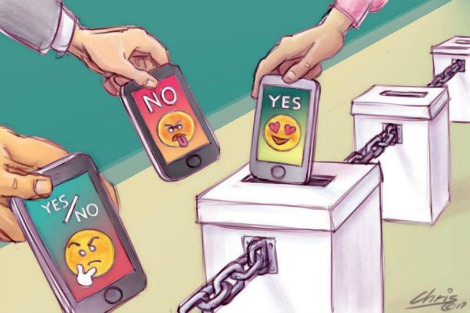
AUSTRALIA
- Kate Galloway
- 13 April 2017
8 Comments
There are reasons to be concerned about the capacity of a government to govern in the current brief election cycle, and in dealing with what some describe as a 'hostile senate'. But the networked world we inhabit also calls into question the way in which politicians might be accountable to the public. Rather than focusing on changes to a system of governance derived from a different era, we should be asking what are the implications of emergent technologies on the way in which we are governed.
READ MORE 
-

MEDIA
- Andrew Hamilton
- 14 March 2017
10 Comments
Arguments for repealing 18C ignore the symbolic force of law in an imperfect society in which we live. In public life the One Nation Party, which is able to exert some influence on legislation in a fragmented parliament, regularly criticises Muslims. These views are also retailed by commentators in some mainstream media. They increase the anxiety of immigrants from Muslim nations. In such a context any weakening of 18C will be seen as the declaration of open season against such groups.
READ MORE 
-
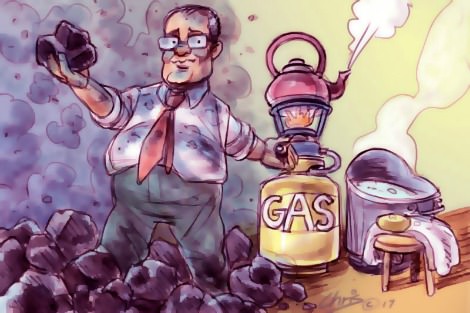
ENVIRONMENT
- Greg Foyster
- 23 February 2017
10 Comments
Australia's most politically contentious rock is back in the limelight after Prime Minister Turnbull spruiked 'clean coal' power stations in early February, and Scott Morrison brought a lump of the stuff to parliament. It was a juvenile act, but an effective one: here we are again, still talking about coal weeks later, when the real energy policy battle is over gas. But that's how it goes - a pitch for a new coal-fired power station in Australia is actually a clever exercise in repositioning gas as a greener fuel.
READ MORE 
-
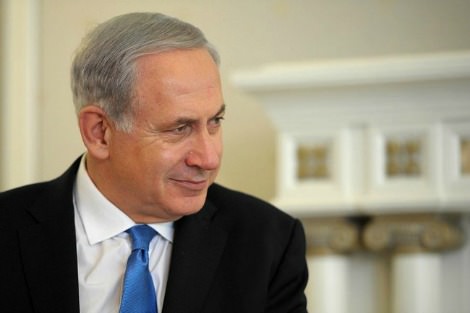
AUSTRALIA
- Andra Jackson
- 22 February 2017
15 Comments
Israeli Prime Minister Benjamin Netanyahu's visit to Australia this week is having precisely the opposite impact to what he no doubt intended. Instead of shoring up support for Israel's flagrant disregard for United Nations resolutions condemning its continual annexation of Palestinian land, it is driving a deep wedge into what was previously unflagging bipartisan Australian political party support for Israel. Australia's connection with Palestine actually predates the creation of the state of Israel.
READ MORE 
-
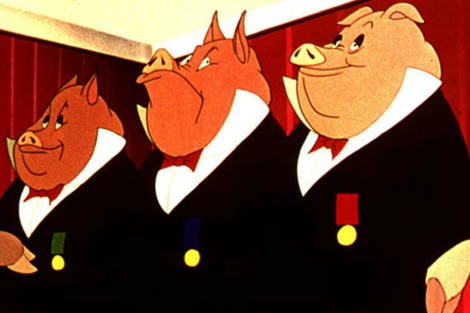
AUSTRALIA
- Brian Matthews
- 20 February 2017
14 Comments
In these duplicitous times it's not surprising to find Nineteen Eighty-Four cited. In Airstrip One, WAR IS PEACE; FREEDOM IS SLAVERY; IGNORANCE IS STRENGTH - a Nineteen Eighty-Four equivalent of a Tweet with plenty of character space left to add insults. And all facts are alternative, as in the news, 'Oceania is at War with Eurasia', which becomes before your very eyes, 'Oceania has never been at war with Eurasia.' For events closer to home, Orwell's Animal Farm is disturbingly apposite.
READ MORE 
-

RELIGION
- Frank Brennan
- 17 February 2017
3 Comments
The commission's forensic scrutiny of past actions of church officials in no way constitutes an interference with the freedom of religion. Its spotlight is to be welcomed, provided only that it is shone on a truly representative sample of all institutions which have been found wanting and provided the same light filter is applied to all institutions. I do however have a problem with the commission making findings on issues like the want of compassion when those findings are made only against a Church.
READ MORE